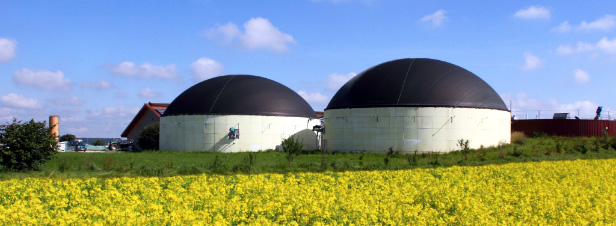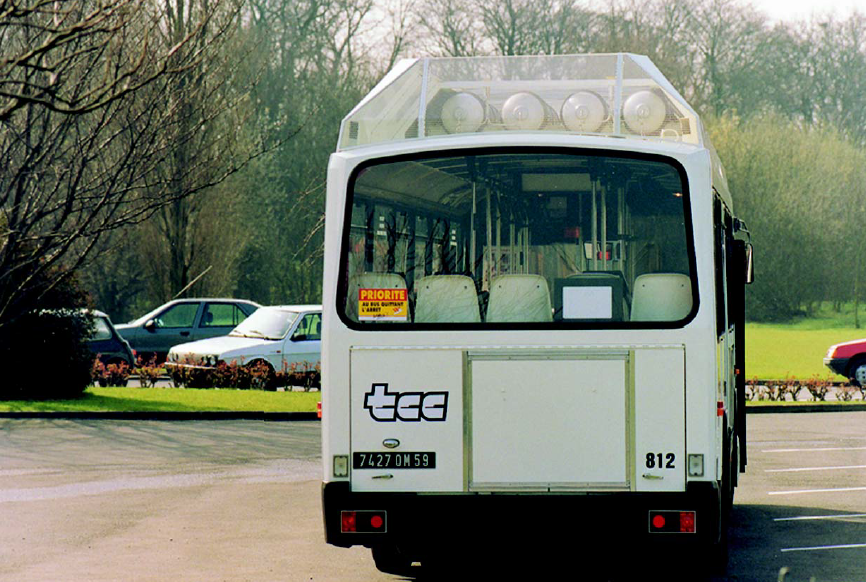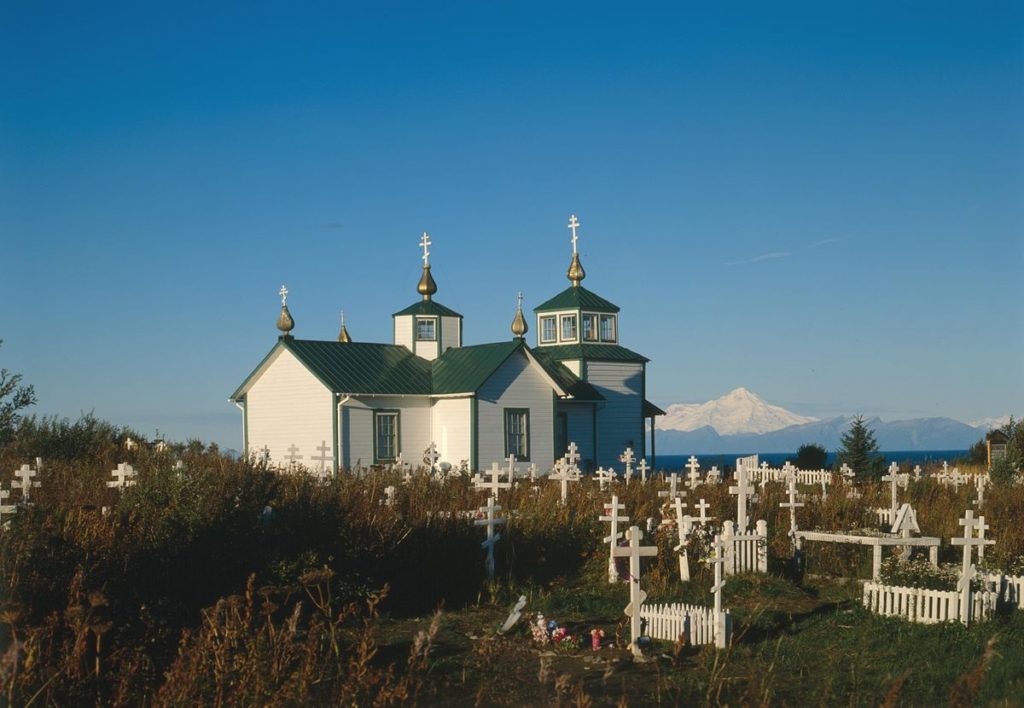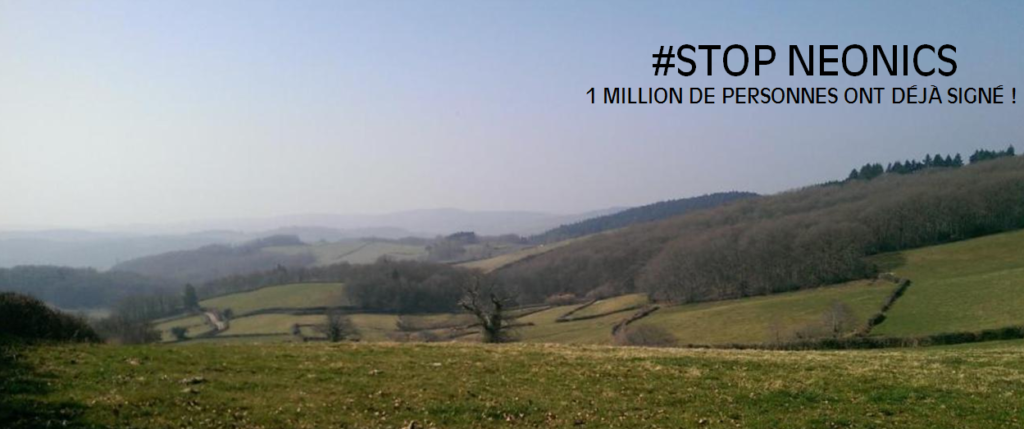
Taking advantage of the highly publicized presidential run-up – France votes in a new President next June – the think-tank Biométhane France has just published a White Paper intended to shock the powers that be – and those that will be – into recognizing the dire need for France to improve its performance in the alternative energy sector, particularly in the production of biogas.

Drawing up an assessment of bio-methanisation installations in France, the White Paper proposes measures to boost green gas production so as to reach the objective of 10% of green gas by 2030.
France is well behind England and Germany in its biogas production. Whereas England has 75 plants producing green gas at 3.5 TWh/year (TWh = terawatt), France has just 24 methanisation plants producing biogas at just 0.3 TWh/year – representing only .01% of France’s overall green gas consumption. Two-thirds of these French biogas plants are run by farmers who have grouped together and are producing it from agricultural waste.
The White Paper calls for a loosening up of the punishing regulations currently applied to methanisation projects, regulations which – the think-tank claims – have a strangling effect on this renewable energy sector. Farmers, already suffering from the crisis in the agricultural sector, are not fully benefiting from their methanisation schemes, yet if they had more support from the public sector their endeavors could boost biogas production and thus help France become more energy-independent. At present, other countries are exporting their digestate (waste product to produce biogas, see article on anaerobic digestion) to France in the form of different products.
Biométhane France also calls for natural gas to be used for vehicles as the most credible alternative to fossil fuels. The introduction of electric cars has been a success, and sales are steadily growing, but that system is not feasible for lorries and heavy goods vehicles, nor for buses.

France’s onerous legal system – the unnecessarily sluggish administrative procedures and the long delays at administrative tribunals are all criticized, and a finger is pointed at judges’ lack of knowledge of the methanisation process.
Key proposals of Biométhane France:
- Improve the legal infrastructure for litigations by setting up a special ‘bio methanisation’ court, such as the one which already exists (in Nantes) for offshore windfarms.
- Simplify the present-day administrative procedures in order to obtain authorization for setting up a plant.
- Speed up executive decisions by giving a time limit of one month for all litigations concerning renewables.
- Loosen up bank lending restrictions: encourage banks to offer loans for 20 years as opposed to 15 years; prolonging the lending period eases the financial burden on farmers: it costs several million euros to build a methanisation system..
- Improve the financing system by encouraging banks to have more confidence in the process so that they will no longer require prohibitive audits.
- Extend the authorisiation validity of a project from 3 to 10 years. At the same time extend the building permit to 10 years to streamline the process.
- Accelerate the use of biogas for transport; increase the number of biogas filling stations around France. There are to date only 63 biogas stations in France whereas in Germany and Italy there are 900 – these two countries represent 75% of the 2.500 stations already built in Europe.

France Biométhane’s White Paper can be found here. It comes on the heels of recommendations from the French Environment and Energy Management Agency (ADEME) for biomethanisation in general, published 21st November and encouraging the use of biomethane for the natural gas sector whenever possible. ADEME calls for a stable and efficient public infrastructure to help farmers and those who are financing them; it also calls for no competition in the sector to give it a chance to properly take off.
________________________________________________________________
See also:
The process of methanisation: mess, manure and anaerobic digesters
Le Figaro, 9 December 2016


















